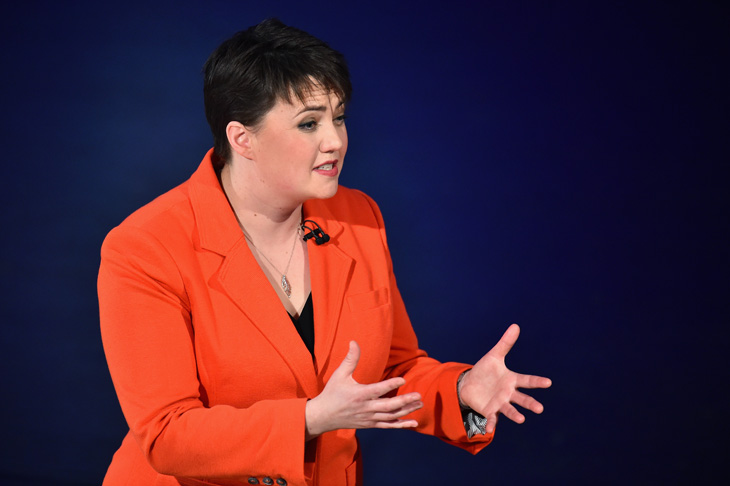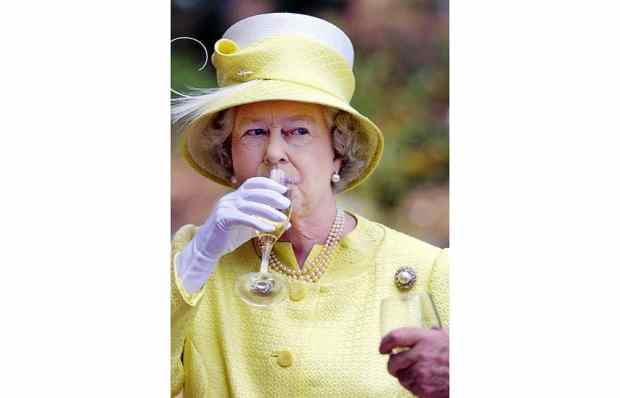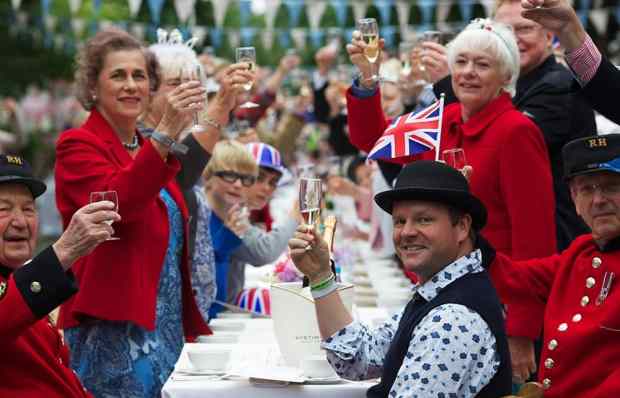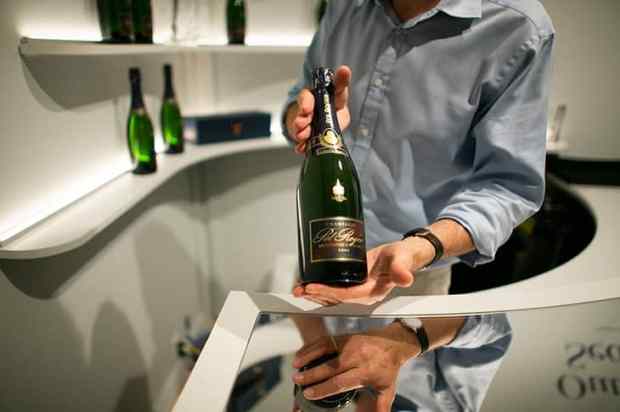‘Stands Scotland where it did?’ As the bottles circulated, we were able to answer Macduff’s question in much more optimistic terms than would have seemed possible even a month earlier, thanks to Ruth Davidson, the Malcolm Canmore of our age. It is extraordinary. Scottish Tories spent almost 20 years on the fringes of politics, marginalised and derided. During that black period, it was clear no other force in Scotland could be relied on to defend the Union. After the Nats’ triumph in 2015, an unpleasant version of Rousseau’s general will seem to have triumphed with it. If you did not support the SNP, you were not a proper Scot. If you were actually a Tory, you were a disgrace to Scotland. This was the darkest hour, with no apparent prospect of dawn.
The dawn did come, from a most improbable direction. Until recently, imagine if anyone had said that Scottish Toryism would be revived and the Union would find a new paladin: a 38-year-old lesbian who grew up on a council estate. There could only have been one sensible response: ‘Keep your voice down in case you are overheard. The lunatic asylums are full of patients less delusional than you.’
Cometh the hour, cometh the girl: the most implausible national revolutionary since Joan of Arc. Assuming that Ruth can avoid being burnt at the stake, she is a young politician of unlimited promise. If the Tory member for a safe southern seat were to drop dead today, lots of Tories would have the same idea. Propose her for a double candidacy: that seat, and the leader-ship. It is extraordinary to think that Tory morale is now much higher in Scotland than in England.
A political street fighter, Ruth is a tough and gallus lassie, but she has allowed all the grace-notes in the Scottish identity to express themselves. The Nats’ raucousness and chippiness can be swept aside in favour of the enlightenment intellects of Hume and Smith, the romanticism of Burns and Scott, the hardheadedness and further romanticism of Dickson McCunn, the political romanticism of Archie Roylance — this is a Scotland once again at ease with itself, proud of its heritage and self-confident in its unionism.
If readers charge me with exaggerating the scale of the transformation, I would have to plead guilty. My only defence is temporary insanity, brought on by the delights of the unexpected. For 20 years, patriotic Scots have had so many reasons for despair. Now, we can dare to hope. Despair is off the agenda. Ye’ll no fash Ruth Davidson.
We toasted her in an appropriate fashion. There was a Cambridge don called Duncan Forbes, a kinsman of Duncan Forbes, Lord Culloden, a mid-18th-century Scottish judge who had the best cellar in the Highlands, if not all Scotland. He was also a man of great humanity. In 1745, Bonny Prince Charlie’s men looted his house and emptied his cellar. That might justify an unending pursuit of vengeance. Yet a year later, after the battle of Culloden, Forbes tried to persuade the Duke of Cumberland to spare the lives of ordinary Highlanders swept up in the rebellion. His efforts were unavailing. But he tried. Such merciful behaviour deserves a heaven to provide a proper reward.
His younger kinsman believed in rewarding those who took his special subject: the political ideas of the Scottish Enlightenment. He encouraged their efforts with the table wine of
the Edinburgh Enlightenment: claret. We followed his example, giving serious attention to three vintages of Léoville-Barton, a wine often praised in this column. The 1989 was at its peak, and likely to stay there for some time. The 1995 could have done with more time. The 1998, a lesser year, was still drinking well.
Thus inspired, we saluted the Scottish 2017 political vintage. Long may it last and grow in power.
Got something to add? Join the discussion and comment below.
Get 10 issues for just $10
Subscribe to The Spectator Australia today for the next 10 magazine issues, plus full online access, for just $10.
You might disagree with half of it, but you’ll enjoy reading all of it. Try your first month for free, then just $2 a week for the remainder of your first year.















Comments
Don't miss out
Join the conversation with other Spectator Australia readers. Subscribe to leave a comment.
SUBSCRIBEAlready a subscriber? Log in